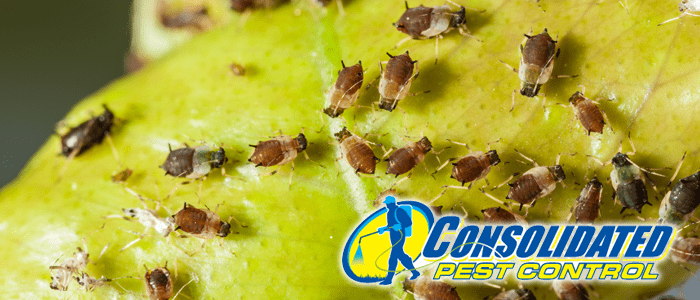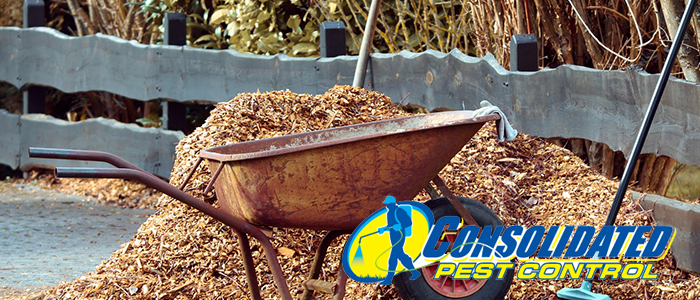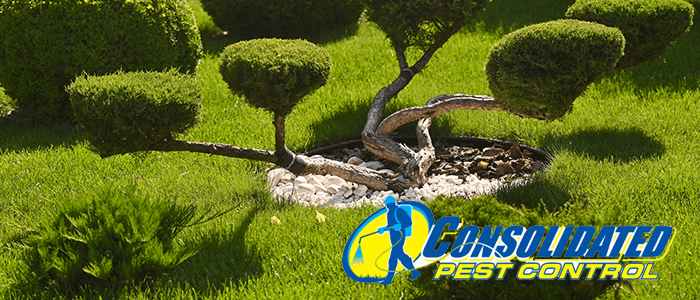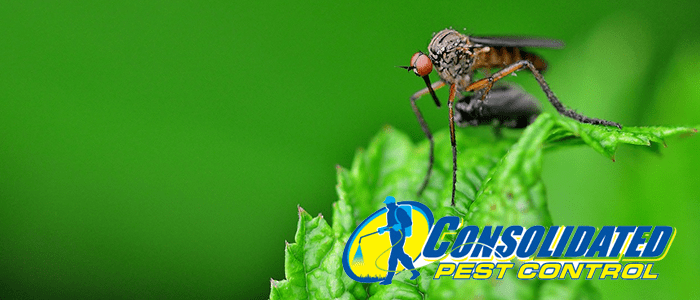
How to Prevent Aphids
Aphids are tiny, invasive pests that can attack and destroy many different varieties of plants. The most devastating part about aphids – Also known as plant lice – Is that they reproduce very rapidly. So rapidly that some aphids are born pregnant, and adults will give live birth during the growing seasons. Unfortunately, even small infestations can rapidly become massive problems in just a few short days. By the time you’re able to treat your plants, the damage may already be irreversible. So how can you protect your plants from aphids before they get started?
Do I Have Aphids?
First, you may be wondering: How do I know if I have aphids? The best way to know for sure is to see aphids or evidence of their activities that will let you know they’ve been around recently. Aphids are very, very small – Under 6mm in size, and can be anywhere from yellow to green to brown or even red and black in various shapes. If you can’t see any of the insects themselves, you may be able to see evidence in the form of leaf damage. This leaf damage usually involves yellow, curling leaves. In heavy infestations, you may notice malformed plant shoots that may die altogether.
Aphids also leave behind honeydew. This is a sugar-rich substance that some ants use for food, but most often, it’s home to black mold. This mold can damage your plant through mycotoxins present in the root systems and by blocking sunlight. Luckily, this mold can be easily brushed away. If you have aphids, it’s time to call a professional. Aphids spread diseases to your plants by bringing pathogens from sick plants to healthy plants, preventing the sun from reaching your plants, or outright killing the plants themselves. Don’t hesitate to call Consolidated Pest Control if you have an aphid problem in Hillsborough County.
How to Keep Them Out of Your Garden
Can you prevent them? Yes. To prevent an aphid problem in the first place, it’s important to spray down your plants with water regularly. Every few days, spray a steady stream of water on your plants. The current will knock aphids loose, preventing them from getting too established. You can also create traps with soapy water on a yellow plate or place yellow sticky traps. These methods alone won’t do as much damage as you can. From here, there are essentially two routes you can take: Biological or chemical.
Biological counters to these pests include making the area inhospitable for aphids and introducing natural predators. To make aphids less able to survive in an environment, removing weeds is important as this removes hiding spots for adult aphids and their eggs. You can also cut down on nitrogen-rich fertilizer because the smell of nitrogen attracts the insects. Another important step for young plants is laying down insect netting. You could also sprinkle diatomaceous earth over your garden’s topsoil, as these tiny seashells puncture the insects’ bodies and cause them to bleed out.
Natural aphid predators include ladybugs and lacewings. Ladybugs and lacewings can be attracted or bought directly in adult, larval, or even live egg clusters. The larvae of lacewings, in particular, are extremely voracious.
However, chemical control methods like pesticides and insecticide soaps will greatly affect your garden’s aphid population. This is because these pesticides travel into the plant to the tips of the leaves, where aphids prefer to gather. By calling Consolidated Pest Control, you guarantee the best application of these solutions, depending on your personal situation.








